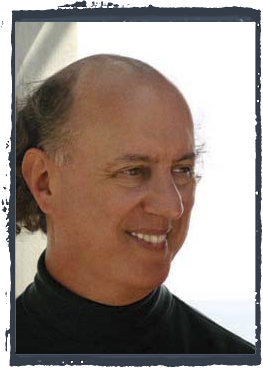Arriving back in Los Angeles from a regional piano competition that had only two prizes, I called my teacher.
“It’s Jim!”
“How did you do?”
“I took second prize!”
“Why not first?”
To him, and to me his disciple, anything but first was “losing.” From practicing six hours a day, six days a week, I was plunged into crisis, and did not touch the piano for many months.
For the first six months, I had no scheduled activity. I played basketball and visited courtrooms to watch civil trials—keeping body and mind functioning. And I learned one big thing: A few weeks is all the nothing I can tolerate.
Then I worked for a year programming at System Development Corporation, where I found lots of other musicians, because SDC had discovered that musicians were a good bet for training as programmers.
Three of us who worked together walked occasionally to a local bar after work for a beer and conversation, sometimes with our significant others, one of whom was an operating-room nurse. She explained O.R. facts of life when I jokingly made like a TV surgeon. “Scalpel!” I said; and she said balefully, “If he says that, he gets the scalpel, brother! Slapped across his palm so he won’t forget it.”
On another occasion, our conversation touched on music, and I contributed a sentence or two. She looked surprised, turned to her husband, and said in a whisper meant for me, “Why didn’t you tell me he’s like this when he talks about music?” In that moment, I saw something important and objective about myself, and how that something might relate to how I’d always known myself inside. I saw what I might have to offer society; and where I might fit in.
During those months of not practicing, I’d also gradually discovered something else important: that I hadn’t stopped playing because I’d lost that competition, but because I’d won.
Those months weren’t dead but fallow. Soon, the crop became visible.
